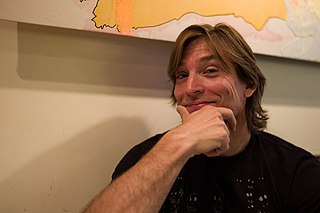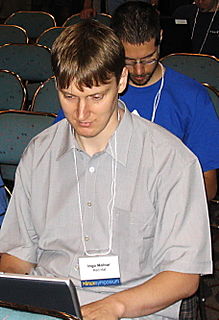A Quote by William Pollard
Too often new ideas are studied and analyzed until they are suffocated.
Related Quotes
Cliche refers to words, commonplace to ideas. Cliche describes the form or the letter, commonplace the substance or spirit. To confuse them is to confuse the thought with the expression of the thought. The cliche is immediately perceivable; the commonplace very often escapes notice if decked out in original dress. There are few examples, in any literature, of new ideas expressed in original form. The most critical mind must often be content with one or the other of these pleasures, only too happy when it is not deprived of both at once, which is not too rarely the case.
Though we [Humanists] take a strict position on what constitutes knowledge, we are not critical of the source of ideas. Often intuitive feelings, hunches, speculation, and flashes of inspiration prove to be excellent sources of novel approaches, new ways of looking at things, new discoveries, and new information. We do not disparage those ideas derived from religious experience, altered states of consciousness, or the emotions; we merely declare that testing these ideas against reality is the only way to determine their validity as knowledge.
Why is it that, when we want to think outside the proverbial box, we often put ourselves in one? We gather our team in a conference room, plaster the walls with sticky paper, and wait for the ideas to flow in a stream of marker scribbles. How often has your quest for innovation peaked at renovation - new dressing on old ideas?






































